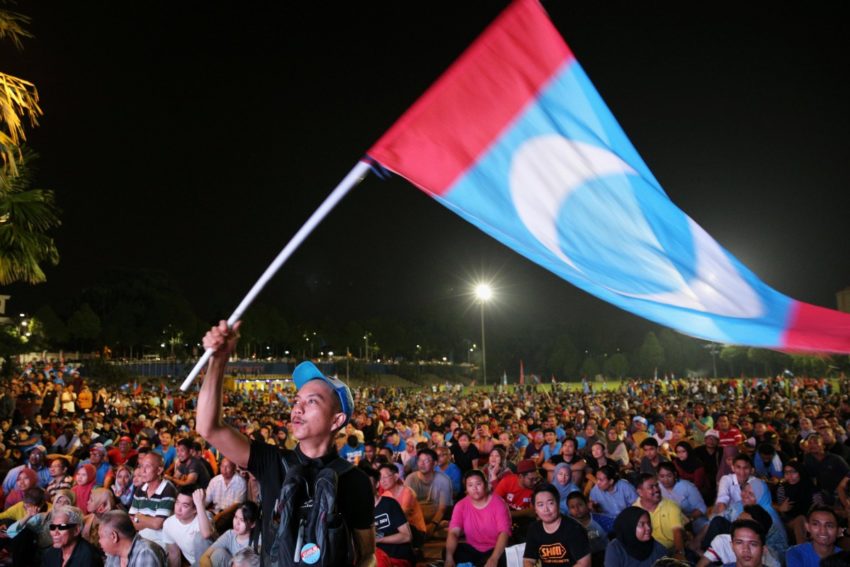This article first appeared at The South China Morning Post on 8 May 2019, 1 of 6 series of articles in conjunction with 1 year since the historic 14th General Elections results on 9 May 2018.
On May 9, 2018, after more than six decades in power, Malaysia’s ruling Barisan Nasional was voted out of office.
Just a few years prior, democracy and the rule of law in the country almost died. At the height of the scandal involving government fund 1Malaysia Development Berhad (1MDB), then prime minister Najib Razak fired dissenters in his cabinet, sacked the attorney general and suspended the permits of media companies.
But the rot synonymous with a toxic one-party system runs deeper and started a long time ago. Institutions meant to hold the executive accountable have long been emasculated. Unfair electoral practices made re-election of the incumbent a foregone conclusion. Freedom of expression was drawing its last desperate breaths.
As a lawyer, it was deeply disheartening to witness the embers of justice and human rights slowly fade into the night.
And then suddenly, regime change happened. It was an emotional experience for many. As tears streamed down our cheeks, Malaysians realised there was hope again.
One year on, what reforms have been implemented? Has former strongman Mahathir Mohamad – now in his second stint as prime minister – come to terms with democracy and the rule of law? There are many positive signs.
A respected former judge, Ariff Yusof, was appointed the speaker of parliament. This goes against the convention of electing an MP from the majority party, and signals a commitment to ensuring the independence of the speaker. Robust policy debates have taken place and many new parliamentary select committees have been formed.
Richard Malanjum, a Christian minority judge known for his progressive rulings and passed over for promotion by the old guard, was appointed chief justice. He retired soon after, and was succeeded by Tengku Maimun, a judge with an admirable track record of independence and the first woman to lead the judiciary.
Top civil servants previously transferred or dismissed while investigating 1MDB have been called back to helm their agencies. Shukri Abdull once had to seek refuge in the United States from Malaysian authorities – he is now head of the nation’s anti-corruption agency. Abdul Hamid Bador was moved to the prime minister’s office and retired early to become a farmer, but recently, in a dramatic comeback, he was appointed the inspector general of police.
Other important institutions and positions such as the Election Commission and attorney general are now led by people with integrity. The media landscape is thriving. Public assemblies are not met with tear gas.
But the Pakatan Harapan government still falls short in many areas.
Government politicians are still appointed (albeit in smaller numbers) to the boards of lucrative government-linked companies, which have been misused in the past to fund election war chests.
Repressive laws such as the Sedition Act, Printing Presses and Publications Act, and legislation on detention without trial have not been repealed, and are frequently enforced. Police still haul in internet users for comments made against religion or royalty.
Attempts to ratify international conventions have been disastrous. The government backtracked on the International Convention on the Elimination of All Forms of Racial Discrimination, after heavy resistance from Malay-Muslim groups who claimed their special privileges under the constitution would be threatened. It was also forced to withdraw from the Rome Statute, which criminalises genocide and war crimes, after members of royalty alleged their immunity would be jeopardised.
The quest for reform is rocky. The new government faces opposition from civil servants comfortable with iron-fisted laws and the ways of old, as well as an opposition-controlled Senate. But Mahathir and Pakatan Harapan must forge ahead. The rakyat, or common people, voted for real long-term change and will not tolerate anything less.
